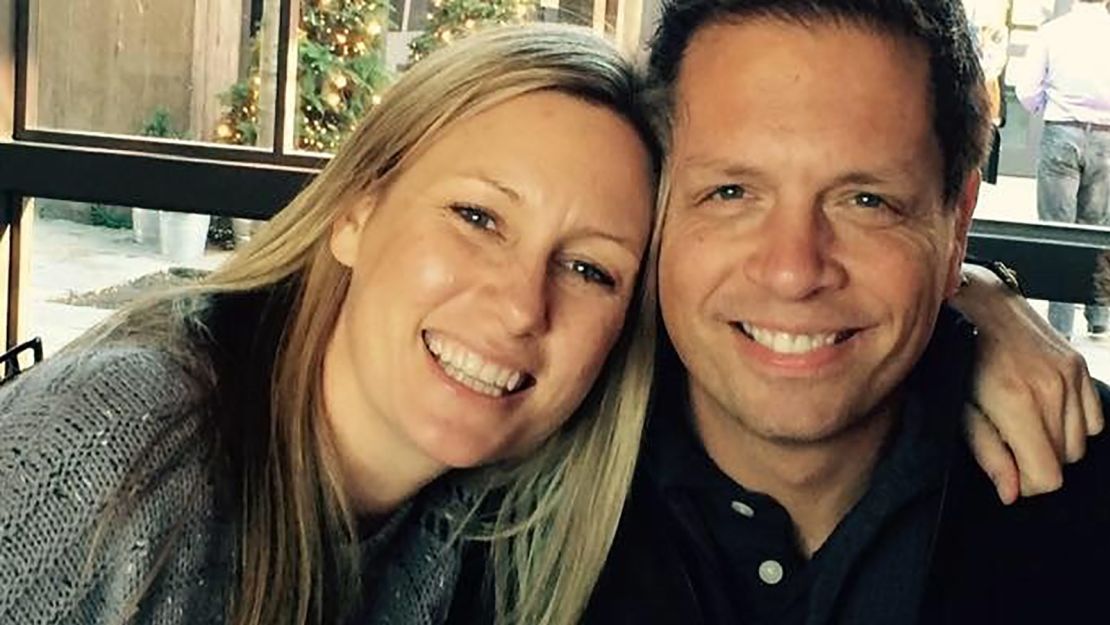The former Minneapolis police officer who in July 2017 fatally shot Justine Ruszczyk, an Australian-born woman a month away from her wedding, is set to stand trial starting Monday.
Mohamed Noor, 33, has pleaded not guilty to charges of second-degree murder, third-degree murder and second-degree manslaughter for the shooting on the night of July 15, 2017, that led to protests in the city and the resignation of the Minneapolis police chief.
Noor, the first Somali-American to be assigned to a precinct covering southwest Minneapolis, has pleaded not guilty to the charges, the Hennepin County Attorney’s Office said.
The charges stem from a late July evening when Ruszczyk called 911 and reported a possible sexual assault in an alley behind her house. Officers Matthew Harrity and Noor were dispatched to the scene and arrived at 11:37 p.m., according to a criminal complaint. At 11:40, Ruszczyk was shot in the abdomen and died minutes later at the scene.
Harrity told investigators he heard a noise and was startled by a glimpse of a person coming up to the car, the complaint states. Prosecutors said Noor, sitting in the passenger seat, pulled out his gun and shot across the vehicle to hit Ruszczyk, who was outside the driver’s side door.
In announcing the charges, Hennepin County Attorney Mike Freeman said Noor acted recklessly.
“In the short time between when Ms. Damond Ruszczyk approached the squad car and the time that he fired the fatal shot, there is no evidence that Officer Noor encountered a threat, appreciated a threat, investigated a threat, or confirmed a threat that justified the decision to use deadly force,” Freeman said.
The officers were wearing body cameras but did not turn them on before the shooting, and the squad car camera did not capture the incident, investigators said. The Minneapolis Police Department has since updated its body camera policy to direct officers to turn on their body cameras upon being dispatched to a scene.
As with many cases involving police shootings, the trial is likely to revolve less around who carried out the shooting than on whether it was a legally justified use of force. Harrity has identified Noor as the shooter, and testing of the bullet determined it was fired from Noor’s gun, the complaint states.
In general, officers on trial for shootings are rarely convicted, partly because jurors tend to give the benefit of the doubt to the police, experts say. Last week, for example, a former East Pittsburgh police officer was found not guilty in the fatal shooting of an unarmed teenager.
Ruszczyk had traveled from her native Australia to Minneapolis to live with her fiancé, and she was killed a month before her planned wedding. She had trained as a veterinarian but then became a spiritual healer, yoga and meditation instructor and life coach, she said on her web page.

Noor came to the United States at a young age and became the first Somali-American assigned to the Fifth Precinct, which covers Southwest Minneapolis. He joined the Minneapolis Police Department in March 2015.
He expressed condolences to Ruszczyk’s family in a statement through his lawyer shortly after the shooting.
“He takes these events very seriously because, for him, being a police officer is a calling,” the statement said. “He joined the police force to serve the community and to protect the people he serves. Officer Noor is a caring person with a family he loves and he empathizes with the loss others are experiencing.”






